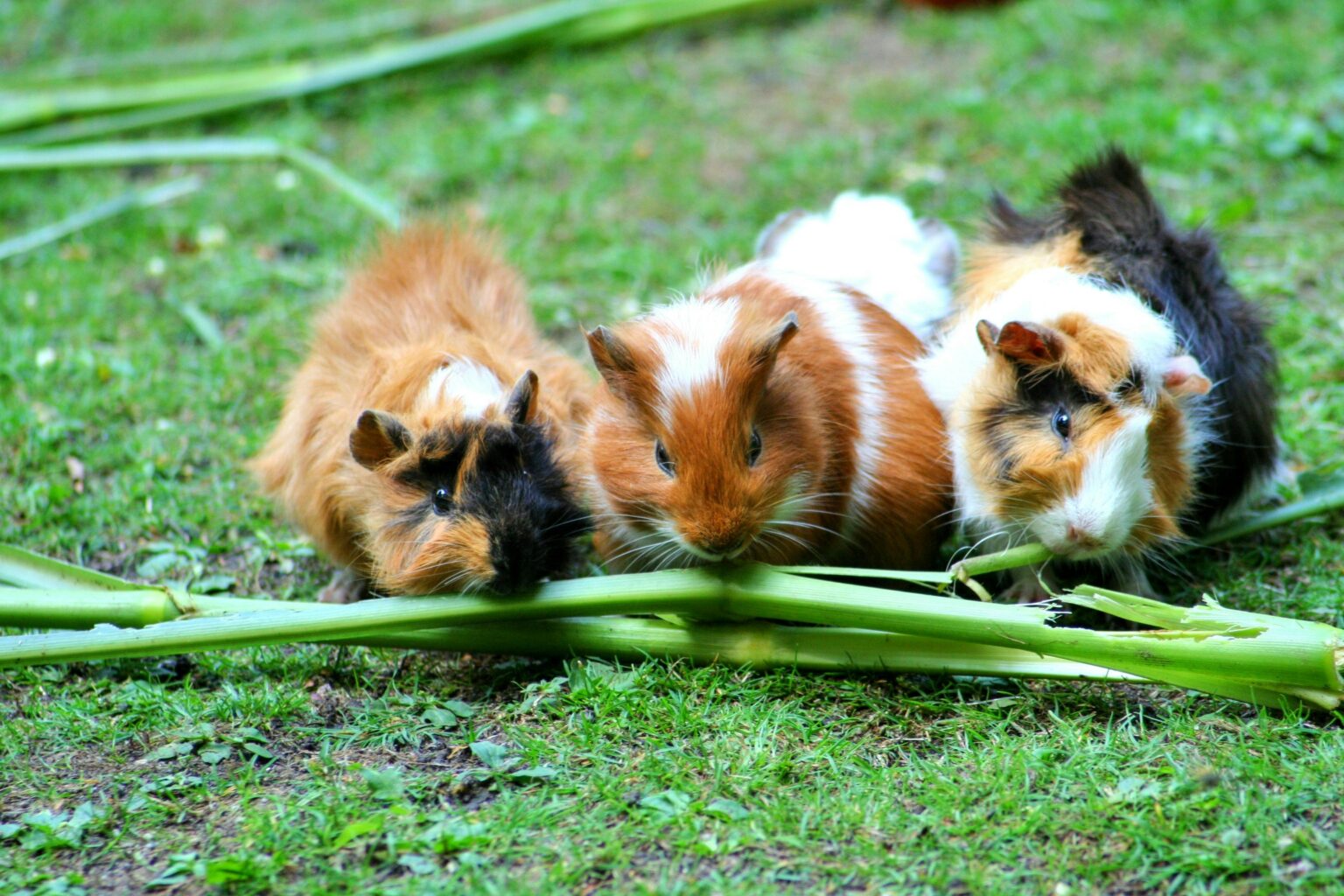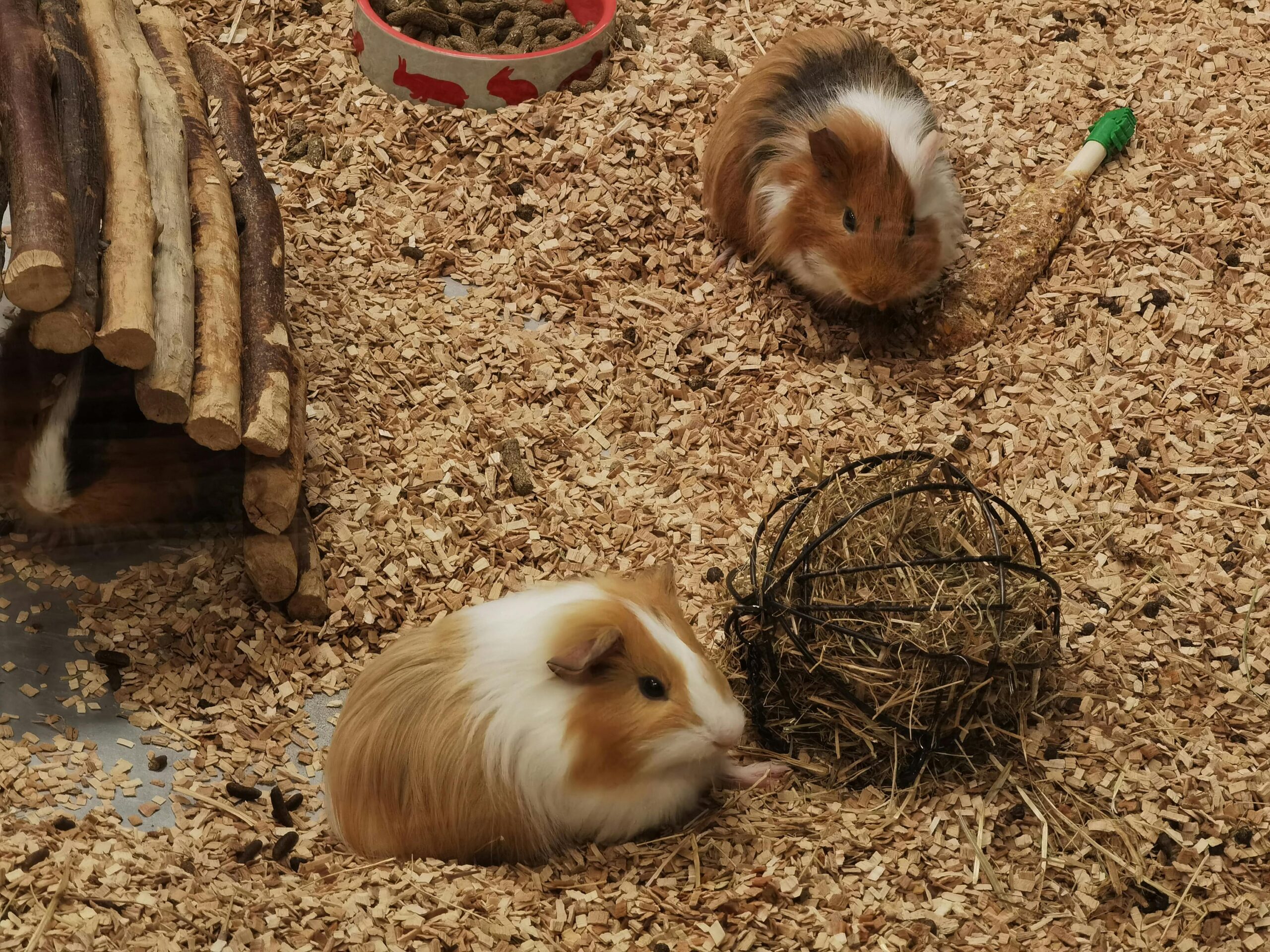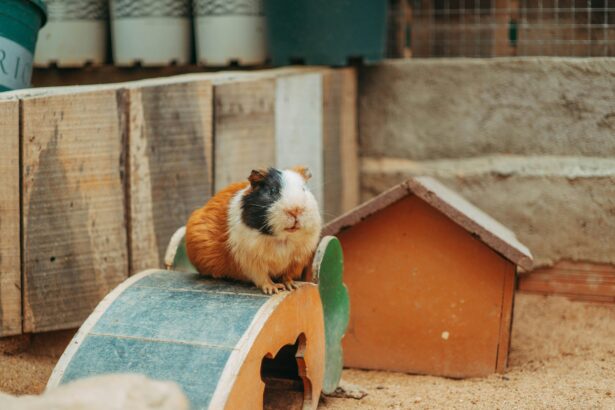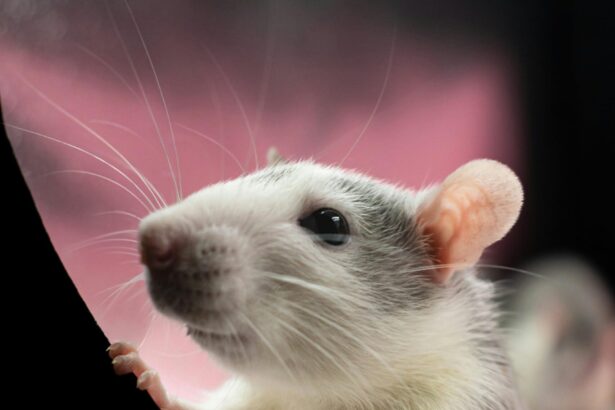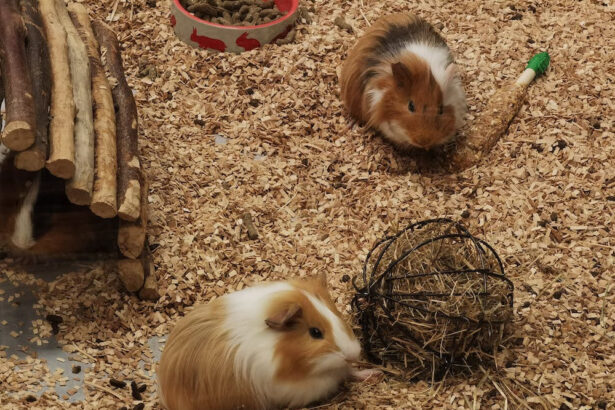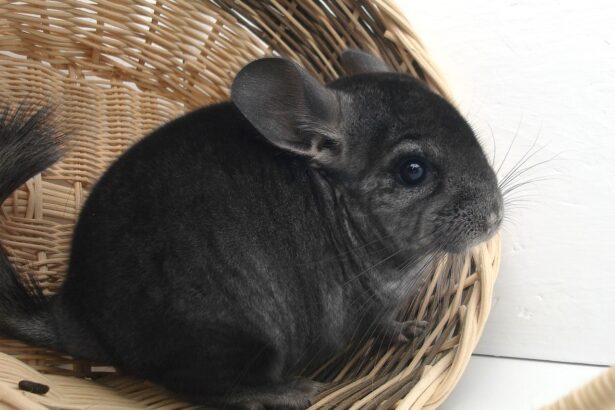B
ringing guinea pigs into your home is the start of a joyful and rewarding journey! These gentle little animals thrive on love, routine, and the right care. From providing a spacious, cozy living environment to offering a balanced diet rich in hay, fresh veggies, and Vitamin C, there’s so much you can do to help them live a long, healthy, and happy life. With daily interaction, clean surroundings, and the companionship of another piggy friend, your guinea pigs will not only feel safe—they’ll flourish. Whether you’re a new owner or simply brushing up on the basics, this guide covers everything you need to know to give your piggies the best start in their forever home.
Guinea Pig Basics Lifespan 5–7 years (some live longer with excellent care)
Companionship: Guinea pigs are social and thrive in pairs or small groups
Behaviour: Gentle, curious, and love to chat with squeaks and purrs
Housing & Environment
Cage Size
Minimum for 2 piggies: 120cm x 60cm (bigger is always better!)
Choose a C&C cage or spacious indoor hutch
No wire floors use soft, solid surfaces
Bedding
Best options: Fleece liners, soft paper bedding, or kiln dried shavings
Avoid: Pine or cedar wood shavings (harmful to their lungs)
Comfort & Cleanliness
Ideal room temperature: 18–22°C (64–72°F)
Avoid draughts, damp, direct sunlight, and overheatingSpot clean daily and deep clean the cage once or twice weekly
Feeding Your Guinea Pig
Guinea pigs must have daily Vitamin C in their diet!
Daily Essentials
- Hay (80% of diet)
- Fresh Vegetables (1 cup daily per piggy)
- Guinea Pig Pellets
- Fresh Water
Foods to Avoid
Iceberg lettuce
Potatoes, onions, garlic
Rhubarb
Dairy or meat products
Avocados
Nuts, seeds, sugary or processed foods
Grooming & Health
Nails: Trim every 4–6 weeks
Grooming: Long haired piggies need brushing several times a week
Teeth: Check regularly they grow constantly!
Watch for These Signs of Illness
Loss of appetite or weight
Lethargy or hiding
Sneezing, laboured breathing
Changes in poo or not pooing
Limping or signs of discomfort
Always consult a small animal/exotics vet if unsure.
Playtime & Bonding
Piggies love gentle interaction and quiet attention
Offer hideouts, tunnels, chew toys, and playpens
Hand feed treats to build trust Never house guinea pigs with rabbits (different needs and risk of injury)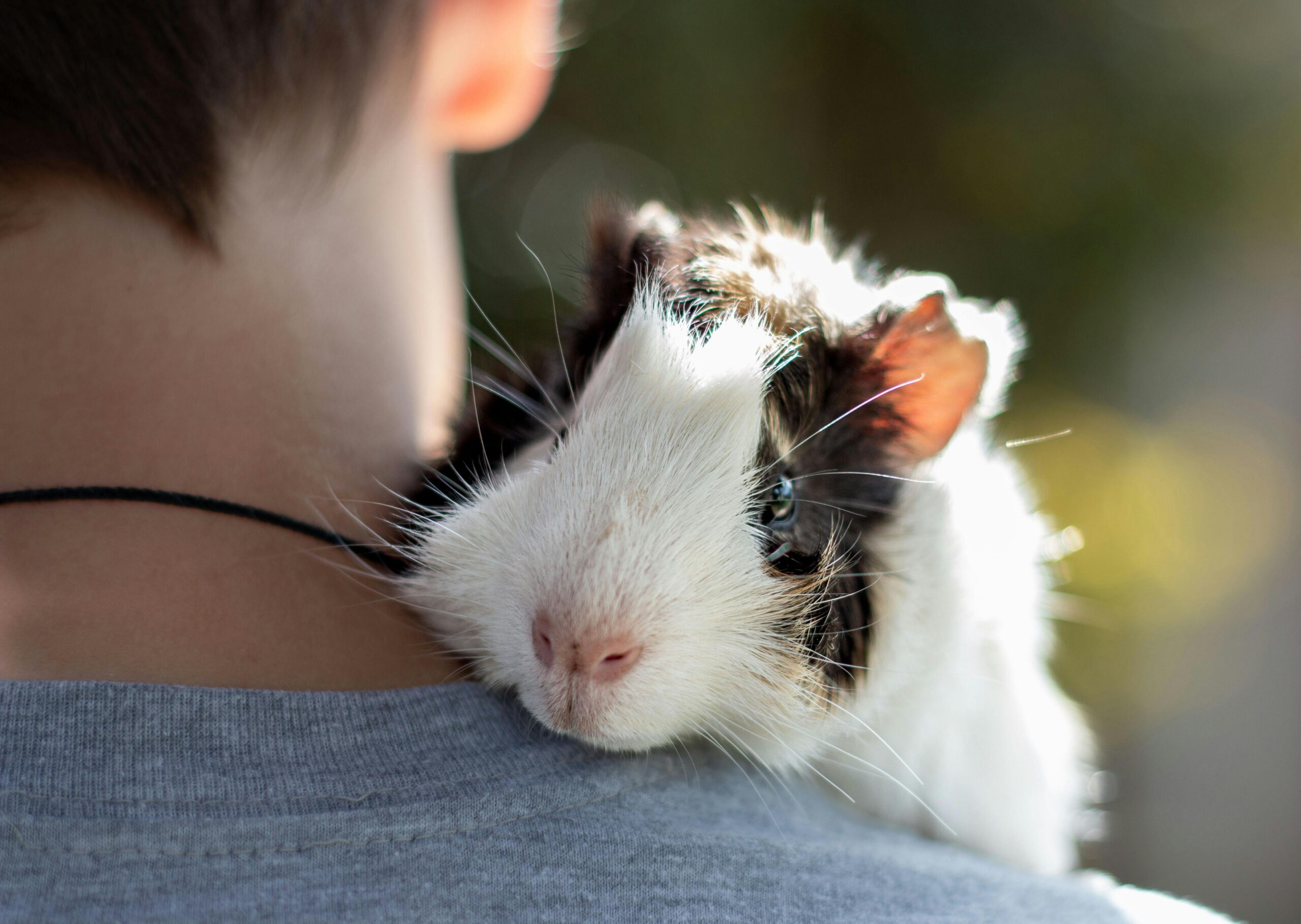
New Piggy Parent Checklist
✔ Spacious, safe cage
✔ Unlimited hay
✔ Fresh vegetables daily
✔ Guinea pig pellets with Vitamin C
✔ Fresh water
✔ Bedding and cleaning routine
✔ Nail clippers & grooming tools
✔ Toys, tunnels, and hideouts
✔ Exotic/small animal vet contact
✔ At least 2 guinea pigs for companionship

